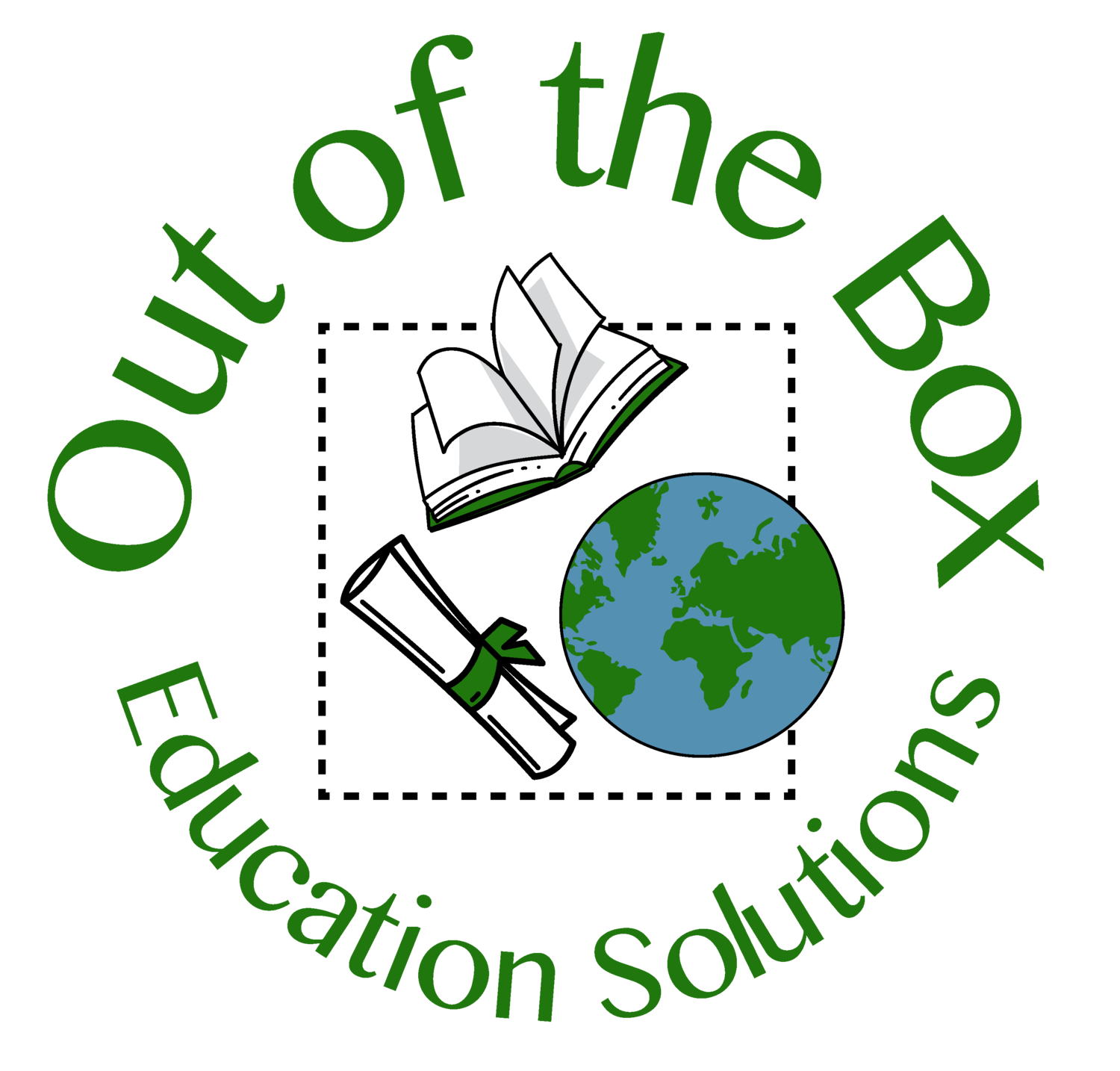The world of higher education is experiencing white water change. Students approach college with perspectives and aspirations that challenge the fundamentals of higher learning.
This blog will discuss the myriad aspects of contemporary higher education through my anthropological eye and over 30 years of experience in university teaching and administration.
To start off consider this simple scenario that was proposed by Margaret Mead 40 years ago in her treatise on what was then known as the Generation Gap (Mead 1971, Culture and Commitment).
Imagine yourself as a young adult in a pre-industrial society. What would be your educational goal? Put more generally, who would be your model of an adult? Mead proposes that to be successful in such a society, a young person's goal would be to 'become' their grandmother or grandfather.
Now imagine yourself in early 20th century America. Perhaps a first generation child in an immigrant family? Ask yourself the same questions? To become your grandparent (if you even knew who they were) would ill-prepare you for your future in America. Might your goal be to become your father or mother?
Now consider yourself a high school baby boomer, like myself. Would you imagine yourself well prepared for the late 20th century with your parent's education? My father graduated New York Printer's High School in the 1940's. He was well educated to utilize a linotype machine that printed lead 'slugs' of words and phrases that were used to print the NY Times. He assimilated into American society as an upwardly mobile middle class adult, who eventually owned his home on the Long Island suburbs. He worked until the 1970's when he was re-trained to use computers to create text and headlines. As a baby boomer, the computer became a part of my life at that same time in the 1970's when I was a graduate student in Anthropology. It has of course since become central to my professional life, and not without its costs, my personal life.
Now consider today's students. Their world revolves around hand-held smart phones that combine the power of personal computers with an increasing variety of virtual communication media that connect them to an increasingly comprehensive and in some cases dangerous internet. Their face-face world is increasingly encapsulated in a world of virtual communication. The professional world they are facing is really unknowable, although its direction will include robotic manufacturing, 3 dimensional printing, and driverless electric cars. Technology is probably the easier part to predict. The real unknowable is the kind of society and culture they will be building and living in, and their learning needs to be able to work and adapt to this new world.
In the classroom, it is again not so much technology that is changing our students' learning environment, as much as the information explosion, both in terms of amount and the way it is disseminated. Content driven education, that is learning what happened and when, can be obsolete by the time it reaches the student notebook (be it electronic or composition). Higher learning has evolved into a seemingly ever-challenging process of learning how build knowledge in a world of changing media and an explosion of information.
To an anthropologist education is a medium for passing on culture. Going back to Mead's scenario, pre-industrial society relied on the passing of traditional knowledge face to face, often through inter-generational conversations and rites of passage that included poems, songs and rituals. Industrial society conformed education into formal content driven and technical learning. Students learned to be their fathers and mothers something that was already disappearing by the time my generation, the baby-boomers came along.
The big question that I will approach in subsequent postings is: "How do we educate today's and tomorrow's students, with a future that is basically unknowable?" The way we as individuals and groups interact and communicate is transforming us individually and collectively; psychologically and culturally. And this means our students have different learning tasks than we did.
In forthcoming posts, I will continue to explore culture change and its implications for higher learning. I intend to weave in a little anthropology and theory, but I will do so in order to lay a foundation for more practical recommendations, some big and some small, for the university and college classroom.
